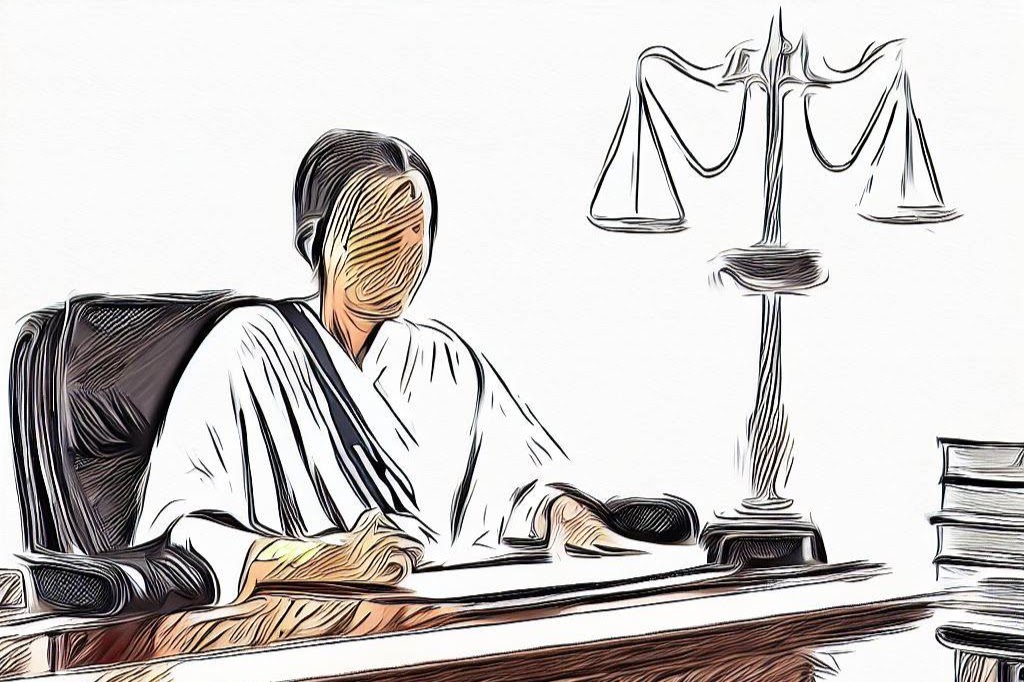The Right to an Impartial Judge in Florida Criminal Cases
If you are facing criminal charges in Florida, one of your most fundamental rights is to have your case heard by an impartial judge. Both the U.S. Constitution and the Florida Code of Judicial Conduct guarantee criminal defendants a fair trial before an unbiased judge. This article will examine a defendant’s right to an impartial judge under Florida law and the procedures for seeking the disqualification of a potentially biased judge.
The Constitutional Basis for an Impartial Judge
The right to an impartial judge stems from the Due Process Clause of the Fourteenth Amendment to the U.S. Constitution. This constitutional provision guarantees all criminal defendants due process of law, which has been interpreted to require a trial before an unprejudiced judge. As the U.S. Supreme Court has stated, “A fair trial in a fair tribunal is a basic requirement of due process.”
Florida’s Code of Judicial Conduct also obligates judges to disqualify themselves from any case where their “impartiality might reasonably be questioned.” This includes cases where the judge has a personal bias concerning a party, the judge has personal knowledge of disputed facts in the case, or the judge has made statements committing to a particular position regarding the case.
Grounds for Disqualifying a Judge in Florida
Under Florida law, a party may move to disqualify a judge on two potential grounds:
- Reasonable fear of prejudice or bias. This requires alleging facts that would create a well-founded fear in a reasonably prudent person that they could not get a fair and impartial trial or hearing before the judge in question.
- Specified relationships or interests. The judge is related to one of the parties or attorneys within the third degree or has a direct financial or personal interest in the case.
The first ground is more subjective, while the second relies on specific relationships or conflicts of interest. Examples of circumstances that could provide reasonable grounds for disqualification include if the judge has:
- Prejudged the merits of the case or the potential sentence
- Departed from a neutral role as arbiter
- A close personal friendship with one of the attorneys
- A long-standing rivalry with one of the attorneys
- Previously prosecuted the defendant as a prosecutor
Procedures for Disqualifying a Judge in Florida
A motion to disqualify a judge in Florida must:
- Be filed in writing within ten days after learning the grounds for disqualification
- State the specific facts and reasons for disqualification
- Be signed under oath or supported by a separate affidavit
- Certify that it is filed in good faith
- Immediately be served on the judge in question
The judge must immediately rule on the motion for disqualification. If legally sufficient, the judge must grant the motion without commenting on the merits of the allegations. The case is then reassigned to a new judge. Orders denying disqualification can be appealed prior to trial through a writ of prohibition.
If multiple motions are filed by the same party to disqualify successive judges, the later motions face a higher standard. The new judge must find they are actually not fair or impartial rather than just appearing biased from an objective standpoint.
Contact Experienced Defense Counsel
The right to a fair trial before an unbiased judge is a cherished constitutional principle. Florida law provides procedures for criminal defendants to disqualify a judge they have reasonable grounds to believe may be prejudiced. If you believe the judge assigned to your criminal case cannot be fair, speak to an experienced Florida criminal defense lawyer regarding your options. With proper procedures, you can ensure your case receives a just and impartial hearing.
CALL US NOW for a CONFIDENTIAL CONSULTATION at (305) 538-4545, or simply take a moment to fill out our confidential and secure intake form.* The additional details you provide will greatly assist us in responding to your inquiry.
*Due to the large number of people who contact us requesting our assistance, it is strongly suggested that you take the time to provide us with specific details regarding your case by filling out our confidential and secure intake form. The additional details you provide will greatly assist us in responding to your inquiry in a timely and appropriate manner.








